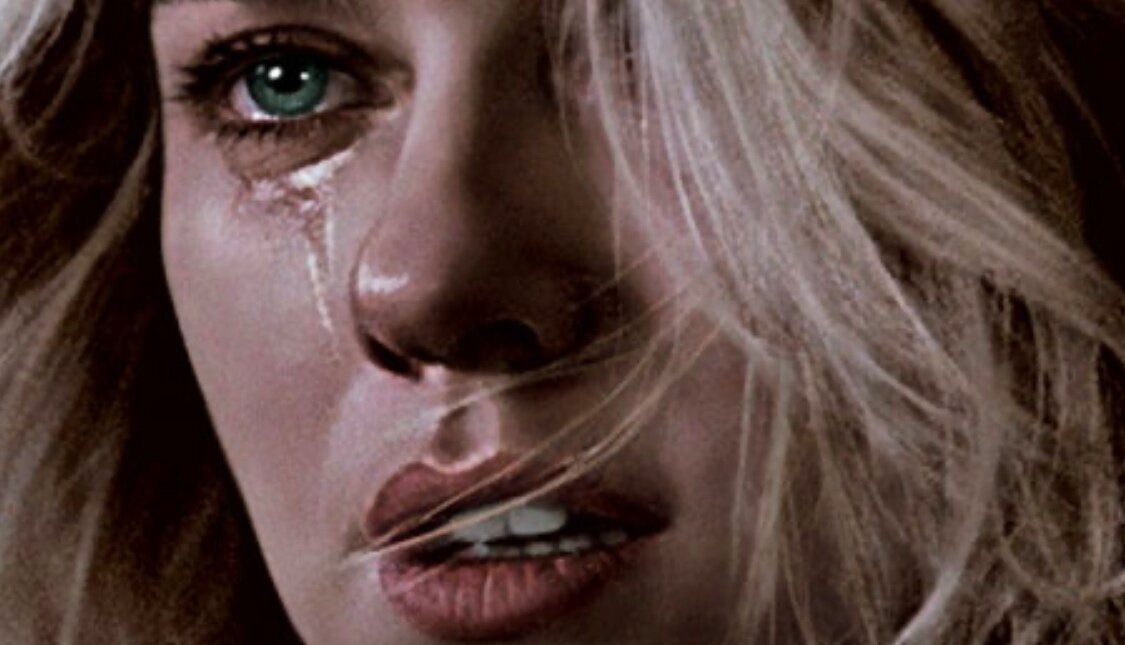Gabriel Boyer
I was working at the Film Forum in NYC when the original Funny Games was released—as in the one starring Susanne Lothar and not the shot for shot remake starring Naomi Watts. This was in 1997 and here in America we were still suffering from a quaint post-apocalyptic ethos in which the world as we know it was bound to end any moment now. We were hopeful that things as they stood couldn’t go on much longer. And then we saw Funny Games.
Funny Games is a perverse vision largely because it presents a human view of persons we at the time could only despise and envision skewered on the meat-hooks of industry. Georg and Anna are upper middle class and middle of the road, off to their summer retreat when two unexpected guests arrive at their door asking for eggs, two youths wearing white gloves who they were introduced to just a while earlier by an oddly anxious neighbor. The youths proceed to break the eggs, and work their way into the home, first through a play-acted buffoonery and then through acts of violence, sadistic games, the family strung up and forced to go along with their captors so as to keep each other alive just a little while longer.
We were those youths.
Read More
